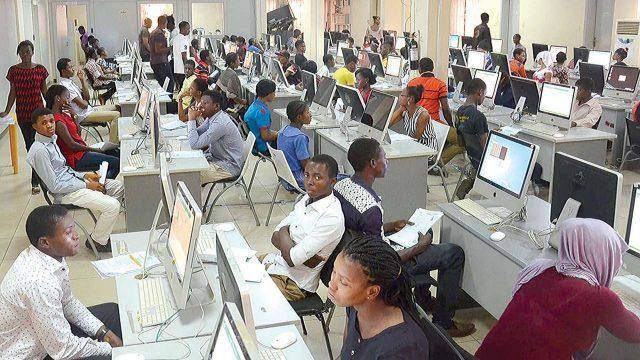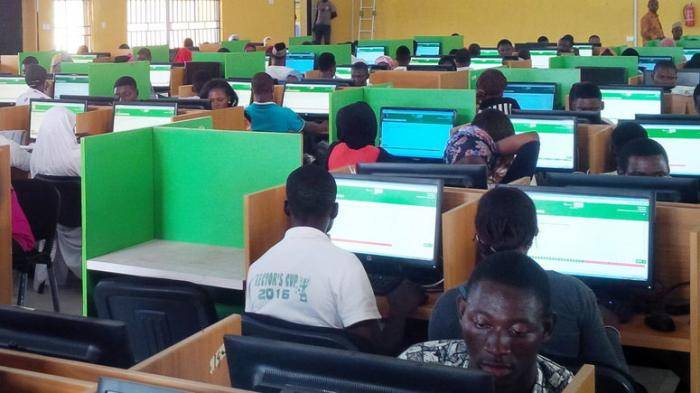Education guide

Preparing for exams? Give yourself the best chance with these top ten study tips for exam preparation, and try not to let the stress get to you! Remember: you’ve got this.
1. Start early and plan strategically
Procrastination can be tempting, but starting your revision early gives you a huge advantage for your exam preparations. Create a realistic study timetable and prioritise subjects based on difficulty and exam dates. Use tools like digital calendars or apps to set reminders and block study periods. Remember to schedule buffer days for unexpected delays or last-minute reviews.
2. Organise your study space
Make sure you have enough space to spread your textbooks and notes out. Have you got enough light? Is your chair comfortable? Is your phone on “Do Not Disturb”?
Try and get rid of all distractions, and make sure you feel as comfortable and able to focus as possible. For some people, this may mean almost complete silence, for others, background music helps.
Some of us need everything completely tidy and organised in order to concentrate, while others thrive in a more cluttered environment. Think about what works for you and take the time to get it right.
A well-organised study space is an important part of your overall exam preparation strategy to help you focus better.
3. Use active learning techniques
Move beyond simply reading notes and engage actively with the material for better retention. You can make use of techniques like;
- Mind Mapping: Draw visual connections between key ideas, helping you organise and remember complex topics more effectively.
- Flashcards: Use traditional cards or digital tools like Anki for spaced repetition, a proven method to strengthen memory over time.
- Teach someone else: Explaining concepts to a friend, family member, or even aloud to yourself forces you to clarify and solidify your understanding of the material.
Remember, the best technique for you may vary depending on your learning style, the subject matter, and how you process information. Experiment with these strategies to discover what works best for you!
4. Simulate exam conditions
Practicing past papers is great but go a step further by simulating actual exam conditions. Set a timer, use a quiet room, and follow the real exam format. This practice can help manage time effectively and reduce anxiety.
5. Take smart breaks
Study techniques like the Pomodoro Technique can be game-changers. If you’re unfamiliar with it, the method involves studying for 25 minutes, followed by a 5-minute break. After four cycles, take a longer break of 15-30 minutes. Use these breaks to stretch, hydrate, or take a quick walk to refresh your mind.
Don’t forget to schedule regular breaks like this, as balancing study and rest during the exam preparation stage is essential.
6. Use technology to your advantage
Explore apps and tools that can enhance your study experience. Here are a few popular ones:
Quizlet: For creating flashcards.
Forest App: To stay focused and avoid distractions.
Google Keep or Notion: For organising notes and setting reminders.
Study Bunny: For exam motivation, featuring a motivational study timer.
But remember, technology can be a double-edged sword. Disable notifications to avoid unnecessary interruptions.
7. Fuel your brain wisely
You may feel like you deserve a treat, or that you don’t have time to cook, but what you eat can really have an impact on energy levels and focus, so keep away from junk food. Keep your body and brain well-fuelled by choosing nutritious foods that have been proven to aid concentration and memory.
Incorporate foods rich in omega-3s (like salmon), antioxidants (like berries), and complex carbs (like whole grains) into your meals. Stay hydrated by drinking water regularly and limit caffeine to avoid energy crashes.
The same applies on exam day. Eat a good meal before the test, based on foods that will provide a slow release of energy throughout. Sugar may seem appealing, but your energy levels will crash an hour later.
8. Don’t neglect mental health
Studying nonstop can lead to burnout. Practice mindfulness or meditation to stay cantered. Apps like Calm or Headspace offer guided meditation and tools especially tailored for students to deal with stress and anxiety better.
Also, don’t hesitate to talk to someone if you’re feeling overwhelmed, support is essential.
9. Stay physically active
Physical exercise isn’t just beneficial for your body, it can also play a crucial role in improving cognitive function and mental health. Studies show that regular physical activity can enhance memory, increase concentration, and reduce stress by releasing endorphins.
Even simple activities like a 20-minute brisk walk, a short dance session, or light yoga can significantly boost your focus and mood. For even better results, incorporate aerobic exercises like jogging or swimming into your weekly routine to improve blood flow to the brain.
During intense study periods of exam preparation, plan for short physical breaks to recharge. Stretch, take a walk, or try a quick workout to refresh both your body and mind.
10. Prepare for exam day like a pro
Being well-prepared for the exam day reduces stress and helps you perform at your best.
Check logistics: Double check the exam venue, time, and any materials or documents required (ex: ID, calculator).
Pack essentials: Gather everything you’ll need, such as stationery, water, snacks, and any required paperwork.
Set alarms: Ensure you wake up with plenty of time to get ready, eat a balanced breakfast, and travel without rushing.
Pro Tip: Lay out all your items the night before to avoid unnecessary stress in the morning!
Hope these study tips for exams come in handy for you to ace that test! Good luck!
RECOMMENDED TOPICS
- JAMB 2025 UTME/DE registration document – step-by-step on how to apply for UTME and DE

- JAMB postpones 2025 UTME Registration to February 3rd

- JAMB Officially Announces 2025 UTME Registration, Exam, Mock Dates, Cost and Important Details

- The official reading novel for Jamb 2025 is Lekki Headmaster

- Subjects for Computer Science in JAMB for Guaranteed Success


